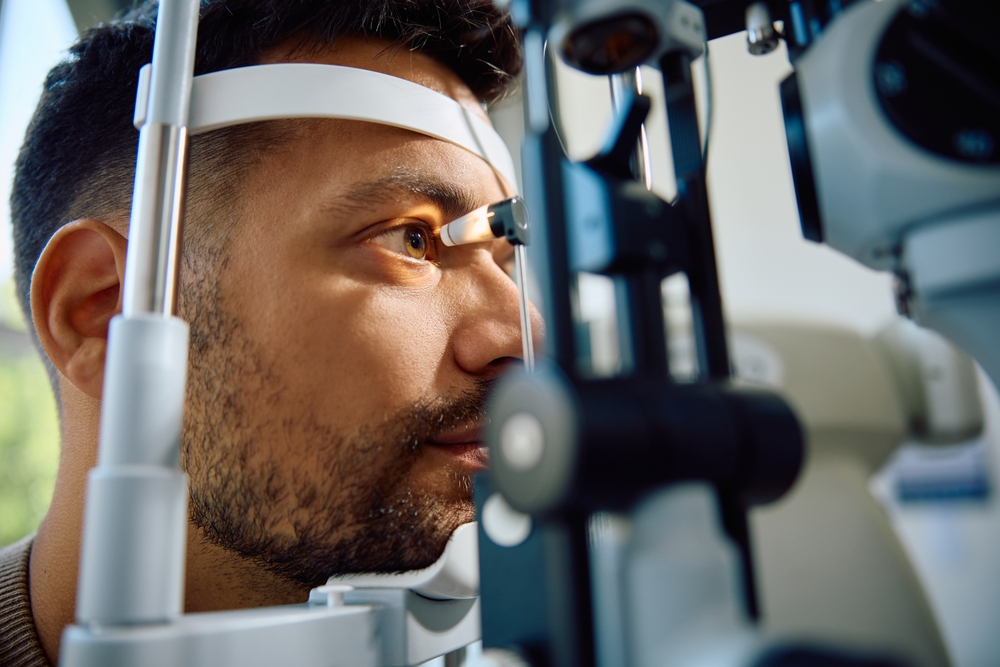
Comprehensive eye exams go beyond vision correction and can reveal a wealth of information about your eyes and your well-being. At Optometry Medical Group, we prioritize thorough evaluations to help you maintain optimal eye health and uncover potential issues before they progress.
What is a Comprehensive Eye Exam?
A comprehensive eye exam is a detailed evaluation of your vision and eye health. Unlike basic vision screenings, these exams assess how well your eyes work together, check for refractive errors (like nearsightedness, farsightedness, or astigmatism), and examine the internal and external structures of your eyes.
Eye Conditions Detected During a Comprehensive Exam
Here are some common eye conditions that comprehensive exams can reveal:
1. Glaucoma
Often called the "silent thief of sight," glaucoma can develop without noticeable symptoms until vision loss occurs. During an eye exam, we measure intraocular pressure, assess optic nerve health, and identify early signs of damage. Early detection is key to preventing vision loss.
2. Cataracts
Cataracts, which cloud the lens of the eye, can affect vision over time. Our exams can detect cataracts early, allowing us to recommend treatment options that preserve clear vision.
3. Macular Degeneration
Age-related macular degeneration (AMD) impacts the central vision needed for tasks like reading or driving. Regular eye exams allow us to monitor your macula for early signs of degeneration, improving treatment outcomes.
4. Dry Eye Syndrome
Persistent irritation, redness, and a gritty feeling may signal dry eye syndrome. Comprehensive exams identify the root cause, whether it’s meibomian gland dysfunction or environmental factors, and allow us to tailor effective treatments.
5. Diabetic Retinopathy
For patients with diabetes, an eye exam can reveal changes in the retina due to fluctuating blood sugar levels. Early detection helps prevent severe vision problems and supports your overall diabetes management.
6. Refractive Errors
Even subtle changes in your vision, such as difficulty seeing clearly at certain distances, can be detected during an exam. Accurate prescriptions for glasses or contact lenses can significantly improve your quality of life.
Detecting Systemic Health Issues
Comprehensive eye exams don’t just reveal eye-related problems—they can also uncover signs of systemic conditions, including:
Hypertension: Changes in the blood vessels of the retina can indicate high blood pressure.
Diabetes: Early signs of diabetic complications often appear in the eyes.
Autoimmune Disorders: Conditions like lupus or rheumatoid arthritis can manifest in the eyes, causing inflammation or dryness.
Schedule Your Comprehensive Eye Exam Today
Annual comprehensive eye exams are essential for protecting your vision and overall health. Many eye conditions develop slowly and without noticeable symptoms, making regular check-ups critical for early intervention. We use advanced diagnostic tools and techniques to provide a thorough evaluation tailored to your needs.
Schedule your comprehensive eye exam with Optometry Medical Group and take the first step toward safeguarding your vision and health. Visit our offices in Seattle, Washington, call (206) 322-6915 for our Rainier office, or call (206) 395-2285 for our Madison office.








